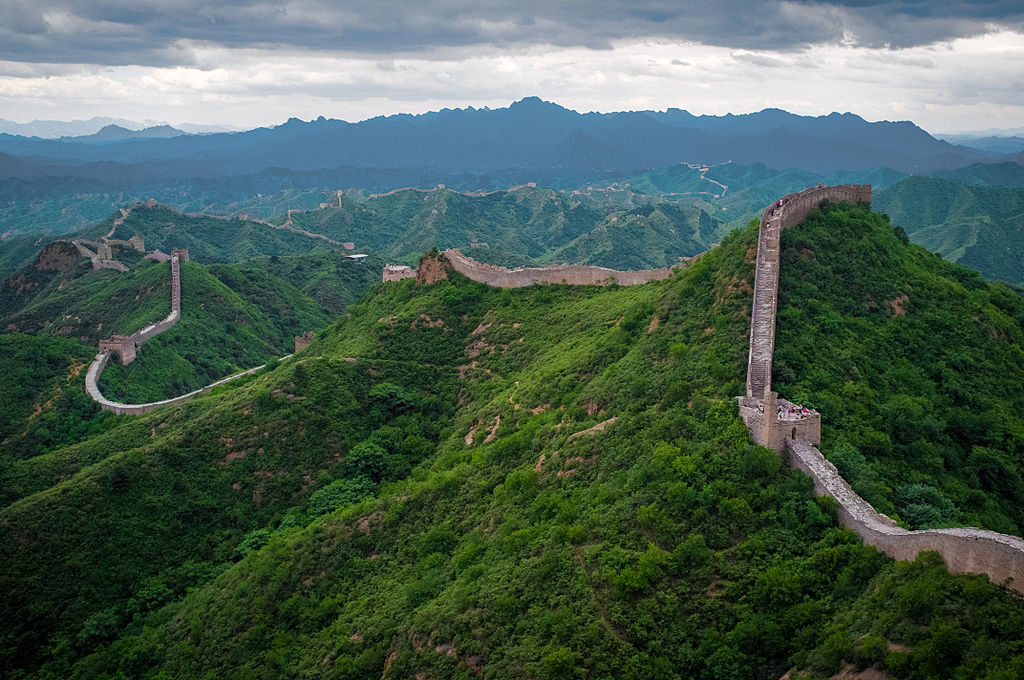No trip to China would be complete without visiting the Great Wall. In recent years, journeys to the country have also included a brush with the “Great Firewall,” one commonly used name for the Chinese government’s infamous Internet control.
When I visited China earlier this year, I got to experience both of these things briefly. The first was incredible and the views were breathtaking. The second had a small impact on me, but can have a huge impact on the people who live in the country all year.
I could not access most of my social media accounts while I was there. Snapchat, Facebook, Instagram, and Twitter were all blocked. Google is also blocked in most of China, but I was able to use some facets of the site within my hotel. Some of my friends downloaded VPN’s in order to use the banned websites, but I did not. The VPN did not seem worth it since we were only in mainland China for a few days.
The ban on social media was, at most, mildly inconvenient for me. Even for those that live there year round, this part of the Firewall is not that big of a deal. China has its own versions of Google, Facebook, and Twitter. If people want to use the American versions, downloading a VPN is relatively easy, although the app may slow down some computers or phones.
However, another part of the government’s censorship program can have a much bigger impact on the daily life of the average Chinese citizen. Content filtering ensures that huge chunks of the population do not get a chance to learn about certain current or historic events. For example, the government censors a lot of information about the 1989 Tiananmen Square events. We had a tour guide in China who did not see the famous picture of the man and the tank until he was traveling abroad in his thirties. When we visited the Square, our program director told us that we were not allowed to speak of the events of 1989 while we toured the area. As I walked around, I was obviously thinking about the bloodshed that had happened in the Square and I’m sure other visitors were as well. However, we did not talk about that and instead focused on the buildings around us, including Mao Zedong’s tomb and his picture on the gate to the Forbidden City.
This kind of information control is one of the most useful tools of the ruling Communist Party. The group can release whatever information it wants and make sure that no one can post or find information that the government does not want him or her to find. Activists have even been imprisoned for their work.
The Universal Declaration of Human Rights says, “Everyone has the right to freedom of opinion and expression; this right includes freedom to hold opinions without interference and to seek, receive and impart information and ideas through any media and regardless of frontiers.” When the Chinese government censors online content, it takes away the right of its people to say what they want. In some cases, the government’s censorship even impacts the opinions people hold because it promotes its own viewpoint through state-controlled media and prevents other viewpoints from being shared or discovered. Taking away these rights from the Chinese people is unacceptable.
Image Credit: Severin.stalder [CC BY-SA 3.0], via Wikimedia Commons
- Content Control and Social Blocking Behind the Great Firewall of China - August 15, 2016
- Moments from Studying Abroad in Hong Kong - August 11, 2016
- Social Media in Presidential Campaigns - August 17, 2015





Leave a Reply